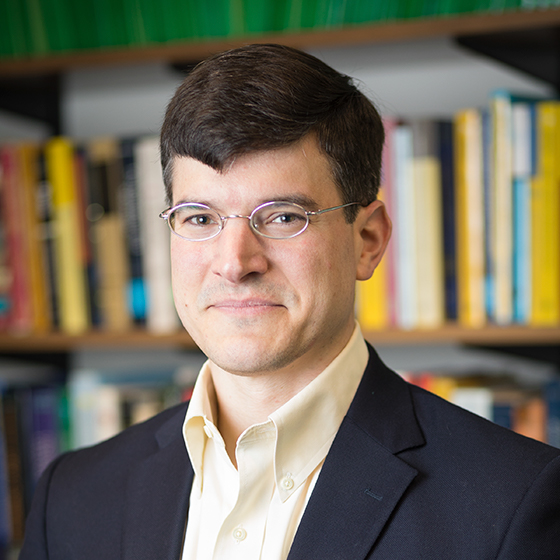
- This event has passed.
ESE Fall Colloquium Seminar – “Data Compression: From Classical to Modern”
December 9, 2021 at 11:00 AM - 12:00 PM
Lossy data compression is a vital, if hidden, enabling technology. This virtual seminar would be impossible without data compression! Existing compression standards for images and audio rely on a “classical” theory of compression that models sources as stationary Gaussian processes. This theory is quite mature, and it provides remarkable insights into how to compress Gaussian sources in a variety of settings, including those in which the data to be compressed is distributed among multiple users, as occurs in federated learning. At the same time, compressors based on artificial neural networks (ANNs) have recently begun to outperform those based on the classical theory for images and other practical sources. Given that the classical methods are provably near-optimal for Gaussian sources, it is evident that ANNs are able to exploit non-Gaussianity in the data and that a new theory of data compression is required to explain their performance. I will present recent results on both fronts, specifically the latest advances on distribution compression of Gaussian sources and some first steps toward the development of a “modern” theory. No background in data compression or information theory will be assumed.
The talk contains results obtained in collaboration with Omer Bilgen and Johannes Ballé.

Aaron Wagner
Professor and Associate Director, Electrical and Computer Engineering
Aaron Wagner is Professor and Associate Director in the School of Electrical and Computer Engineering at Cornell University. He received the B.S. degree from the University of Michigan, Ann Arbor, and the M.S. and Ph.D. degrees from the University of California, Berkeley. During the 2005-2006 academic year, he was a Postdoctoral Research Associate in the Coordinated Science Laboratory at the University of Illinois at Urbana-Champaign and a Visiting Assistant Professor in the School of Electrical and Computer Engineering at Cornell. He has received the NSF CAREER award, the David J. Sakrison Memorial Prize from the U.C. Berkeley EECS Dept., the Bernard Friedman Memorial Prize in Applied Mathematics from the U.C. Berkeley Dept. of Mathematics, the James L. Massey Research and Teaching Award for Young Scholars from the IEEE Information Theory Society and teaching awards at the Department, College, and University level at Cornell.
